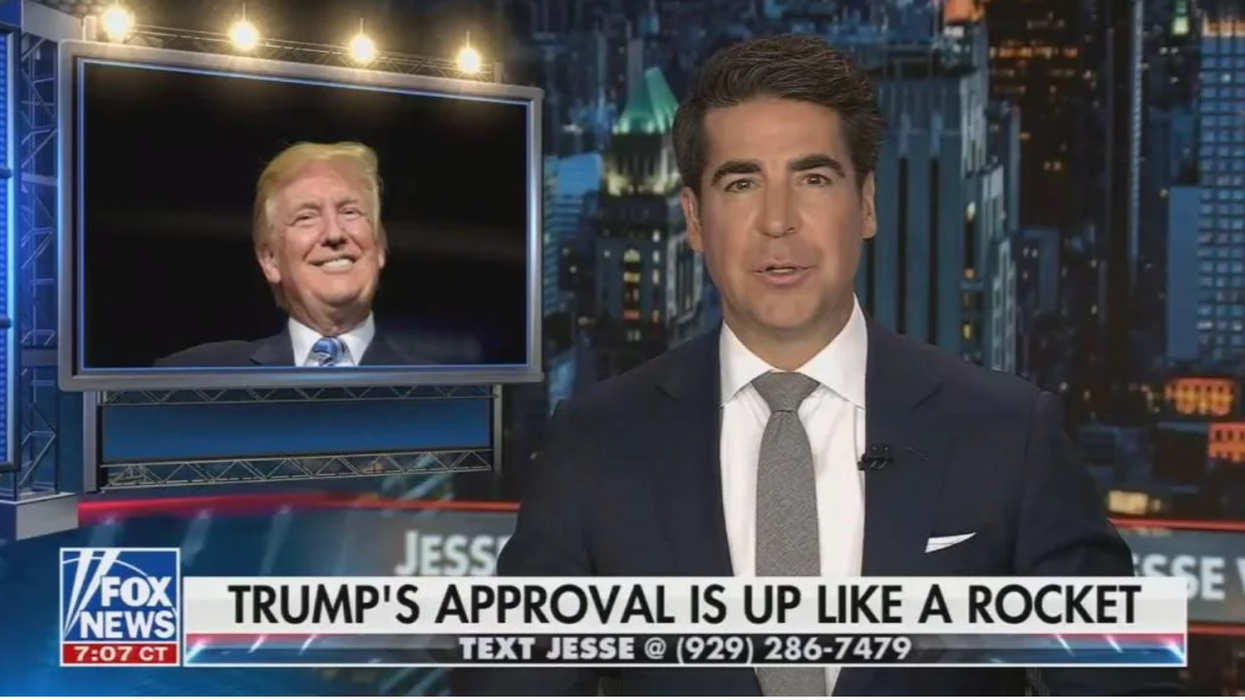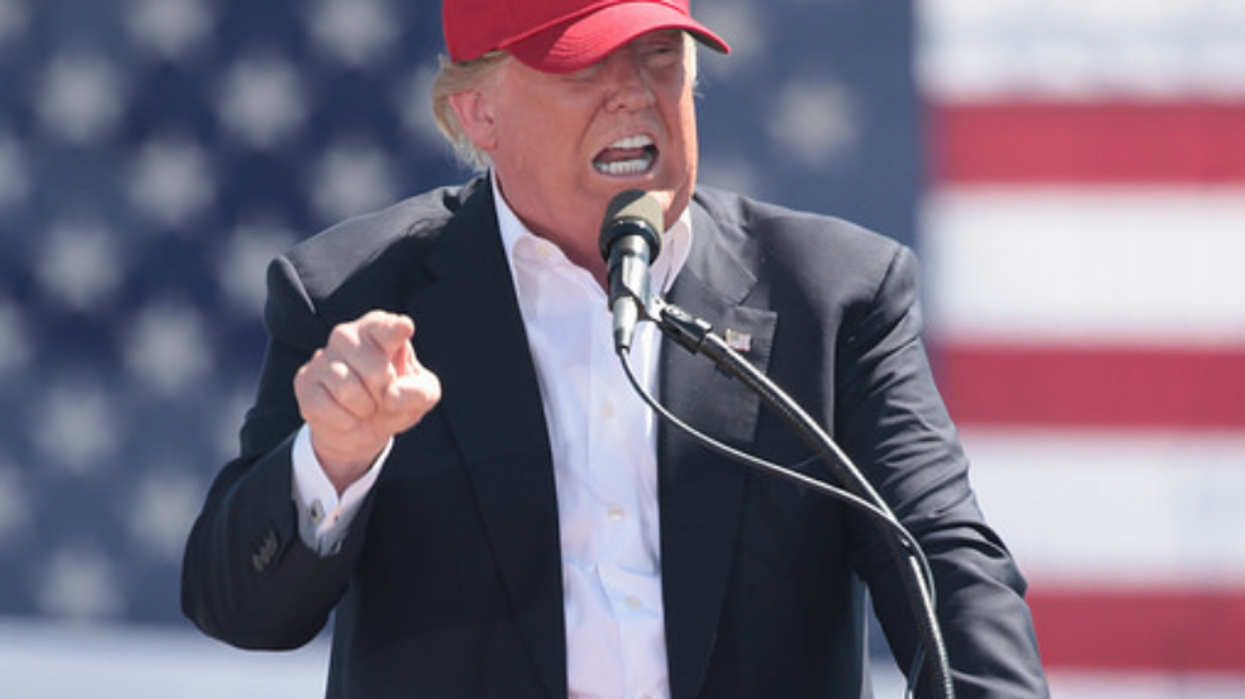Amid Their Redistricting Wreckage, Trump And Johnson Reject Obvious Solution
Republicans across the country, spurred by President Donald Trump and encouraged by House Speaker Mike Johnson, are pushing hard to redraw as many congressional districts as possible in order to maintain their House majority after next year’s midterm elections.
They know that losing the majority would cost them everything they’ve built their power around. They could no longer steer investigations designed to protect Trump, bottle up Democratic legislation, or jam extremist messaging bills onto the floor. They’d lose the committee gavels they’ve used to hound political enemies, the messaging platform they rely on to launder right-wing conspiracies, and the institutional leverage to slow-walk or sabotage even the most basic functions of government.
So far, Trump’s efforts have been a bust, despite the terrible political damage he has done to the tradition of once-a-decade redistricting.That process, carried out shortly after the 2020 census, was supposed to create a stable map voters could rely on for 10 years, providing them a predictable landscape they could use to understand who represents them. The process had long acted as guardrail against nonstop map-shopping every time a party felt insecure about the next election.
Instead, Trump’s meddling has turned redistricting into a perpetual power-grab, eroding public trust and encouraging every state to treat its map as a live grenade rather than a settled civic obligation.
Not only have Democrats engaged in retaliatory efforts that will likely leave things roughly where they began, but also a recent legal decision means Republicans’ attempt to gain an extra five seats in Texas may end up reversed, leaving Republicans further behind than where they started.
Trump and Johnson have never hidden the motive behind their effort. One recalcitrant Republican state legislator in Indiana, where the state GOP is warring over whether to redraw the state’s map, said he heard from Johnson, who “just talked about the importance of the House majority.”
Of course, the majority is important to Johnson and Trump. But it’s striking that neither man shows interest in the one thing that would help protect their party’s majority: doing popular stuff.
They could try governing in a way that aligns with what most Americans want, but that would require them abandoning their culture-war extremism, anti-democratic impulses, and Trump-first loyalty—all of which define the modern GOP. Johnson could have his chamber show up to work instead of adjourning for weeks to protect Trump from the release of the government’s files on accused sex trafficker Jeffrey Epstein.
But rather than change their message, their agenda, or their behavior that is repelling voters, they’ve chosen to change the maps. And even that doesn’t seem to be working out the way they hoped.
Reprinted with permission from Daily Kos












